When you're towing a trailer, your trailer lights must be functioning properly. By using a multimeter, you can easily test your trailer lights and make sure they're in good condition. In this article, we'll go you through, how to test your trailer lights with a multimeter. We'll also provide some tips on troubleshooting common problems. Let's get started!
Why Does a Trailer Light Not Work?
A trailer light that is not working could be due to several different potential causes. To determine why a trailer light may not work, it is important to troubleshoot the issue systematically. The following are some common reasons why a trailer light may not be functioning:
· Blown bulbs:
Check both the tail lights and marker lights for burnt-out bulbs. Try replacing the bulb first before taking further steps in troubleshooting.
· Faulty wiring:
Inspect the wiring harness running throughout the trailer to make sure there are no broken wires or corrosion on any of the connectors that could prevent electricity from getting through. If any damaged wiring is found, replace it with a new wire and reconnect all connections properly.
· Poor ground connection:
Make sure there is good contact between the trailer frame and the negative terminal of the battery to ensure that electricity can flow properly through the light system. If needed, use sandpaper or steel wool to clean the areas around both connections and reattach firmly until secure.
· Blown fuse:
To check if this is the cause, use a multimeter to measure continuity across each fuse in your vehicle’s fuse panel, one at a time. If no reading appears on display, replace it with an identical new fuse before trying again.
By following these steps, you should be able to determine why your trailer lights are not working as expected and make the necessary repairs or replacements to get them up and running again.
If you need any help or advice along the way, please consult a professional auto electrician for further assistance.
Tips for keeping your trailer lights in good condition:
- Inspect your trailer lights before every trip. Check for any fraying wires, broken connections, and any signs of damage.
- Clean the trailer light assemblies regularly with a soft cloth or brush to remove dirt and debris. This will help them remain in top condition.
- Use waterproof connectors when attaching lights to the trailer, as these ensure a tight seal that can withstand moisture and dusty conditions.
- If you plan on taking your trailer off-road, use heavy-duty bulbs and lenses designed for rough terrain. They are built specifically to last longer under extreme conditions.
- Replace any faulty wiring or bulbs immediately, as this can lead to poor lighting performance and potentially dangerous situations on the highway or other roads.
- Use the correct size bulbs and replace them with ones of identical wattage. If you use higher-wattage bulbs, this can cause overheating in the light assemblies and can also lead to electrical shorts or fires.
- Make sure to securely fasten your trailer lights using appropriate mounting hardware, such as nuts and bolts or screws. This will ensure that they remain firmly attached during travel.
- Protect your trailer lights from moisture and dirt by using a protective covering or lens guard when not in use. This will help keep them clean and dry for longer periods.
Following these tips will help ensure that your trailer lights remain in good condition for many years to come, providing you with the safety and visibility you need for your next road trip.
If you have any questions or concerns about trailer lights, contact a certified mechanic to get professional advice and assistance. They can help make sure that your trailer lights are properly installed and performing optimally.
Safety is always the top priority when it comes to vehicles, so make sure to stay up-to-date on proper maintenance procedures for all components of your trailer. With the right knowledge and care, you can ensure that your trailer lights remain in good working condition for many years to come.
How do test trailer lights with a multimeter?
It is important to check the lights on your trailer regularly, as they are key to its overall safety. Testing them with a multimeter is an effective and simple way to ensure that it is ready for use. Here’s how you can do it:-
- First off, ensure that the trailer is hooked up properly and that all connections have been made securely. If in doubt, consult a qualified electrician.
- Turn the power switch off so that there is no electricity running through the system.
- Set your multimeter to AC voltage mode and turn the power switch back on.
- Place two probes of your multimeter at each of the connector pins and wait for a reading.
- If the multimeter displays 12 volts, then your trailer lights are working properly.
- If it does not, then you may need to investigate and fix any underlying issues that could be causing the problem.
Testing the trailer lights is important for both safety and performance reasons, so make sure to check them regularly with a multimeter. With proper maintenance and regular testing, you can ensure that your trailer will work efficiently every time!

Troubleshooting guide for common trailer light issues:
If your trailer lights are not working, the first step you should take is to identify where the issue originates. Oftentimes, issues with trailer lights arise because of a blown fuse or corroded wires. To begin troubleshooting, check the fuses and wiring harnesses on both the tow vehicle and the trailer itself.
If the fuses are intact, then it’s likely that there is an issue with either the wiring or connections between components. Inspect all connectors for signs of corrosion or wear. If any are present, clean them accordingly with steel wool and use an electrical contact cleaner to remove any remaining residue. It may also be necessary to replace connectors if they have become too damaged over time.
In some cases, the trailer lights may be working correctly but are not being recognized by the tow vehicle. This is a common issue if your vehicle has recently had its electrical system serviced or upgraded. To ensure that the wiring harnesses are properly connected, refer to your owner’s manual for specific instructions.
It is important to remember that any modifications made to the trailer lights must comply with local road safety regulations regarding lighting requirements. If you’re unsure of what these regulations entail, it’s best to contact your local Department of Motor Vehicles for more information.
If after troubleshooting all components and connections, you still cannot determine why your trailer lights are not functioning properly, it may be necessary to consult a professional. A technician should be able to diagnose and repair the issue quickly and correctly, ensuring that your trailer lights are compliant with all applicable safety regulations.
By following these troubleshooting steps, you can easily identify and resolve the most common issues with trailer lights. With a bit of patience and some basic knowledge, an electrical problem can be addressed in no time!
Frequently Asked Questions:
What kind of multimeter should I use?
You should use a KAIWEETS digital multimeter to test your trailer lights. A Digital multimeter is preferred over an analog one because it's more accurate, easier to read, and has a higher resolution than its analog counterpart. Some Digital multimeters also have a "continuity" function that can help troubleshoot electrical connections on the trailer as well.
How do I connect the multimeter to my trailer?
First, make sure you disconnect the trailer from any power source such as a car battery or other outlet. Then attach the red lead of the multimeter to one side of the trailer connector and the black lead to the other. If you have a 3-wire trailer, attach the black lead to the ground connector.
How do I know if my trailer light wiring is faulty?
If you get a low reading on your multimeter, then there may be an issue with one of the trailer wires. You should check all connections thoroughly to make sure that none of them are corroded, loose, or damaged. Additionally, you can use the continuity function on your DMM to check for any breaks in the wiring or poor contact points between components. If no issues are found, it could be an issue with the trailer light bulbs themselves and they should be replaced. If the problem persists after replacing bulbs and checking all wiring, then you may need to consult a professional electrician for further assistance.
Final Note:
Testing your trailer lights with a multimeter is an effective way to detect any electrical issues. Doing it regularly will help identify problems before they can become serious, saving you time and money in the long run. If you experience any difficulties or are unsure of how to use a multimeter safely, consult a qualified electrician for assistance. With regular maintenance and testing, your trailer lights should provide reliable performance for years to come.

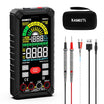
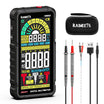
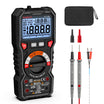
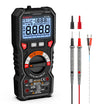
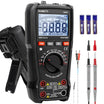
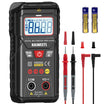
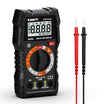
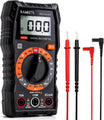
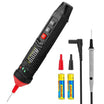
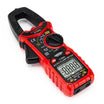
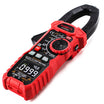
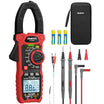
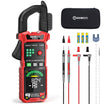
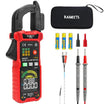
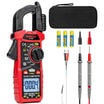

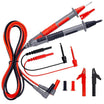
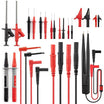
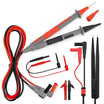
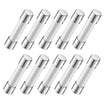
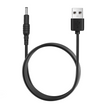
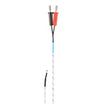
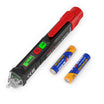
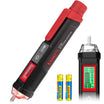
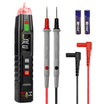
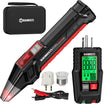
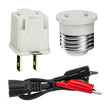
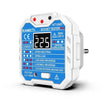
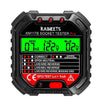
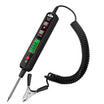
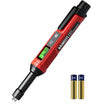
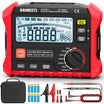
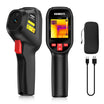
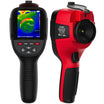
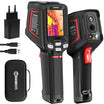
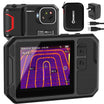
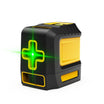
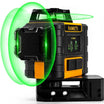
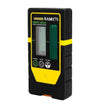
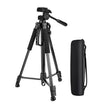
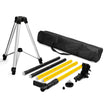
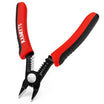
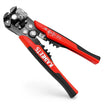
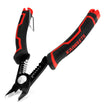
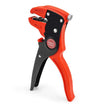
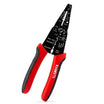
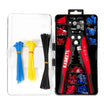
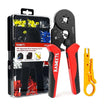
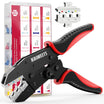
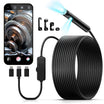
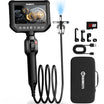
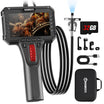
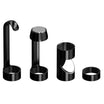
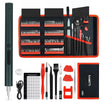
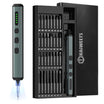
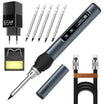
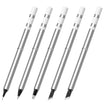
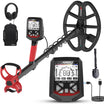
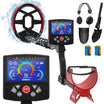
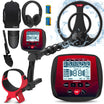
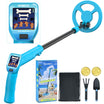
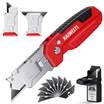
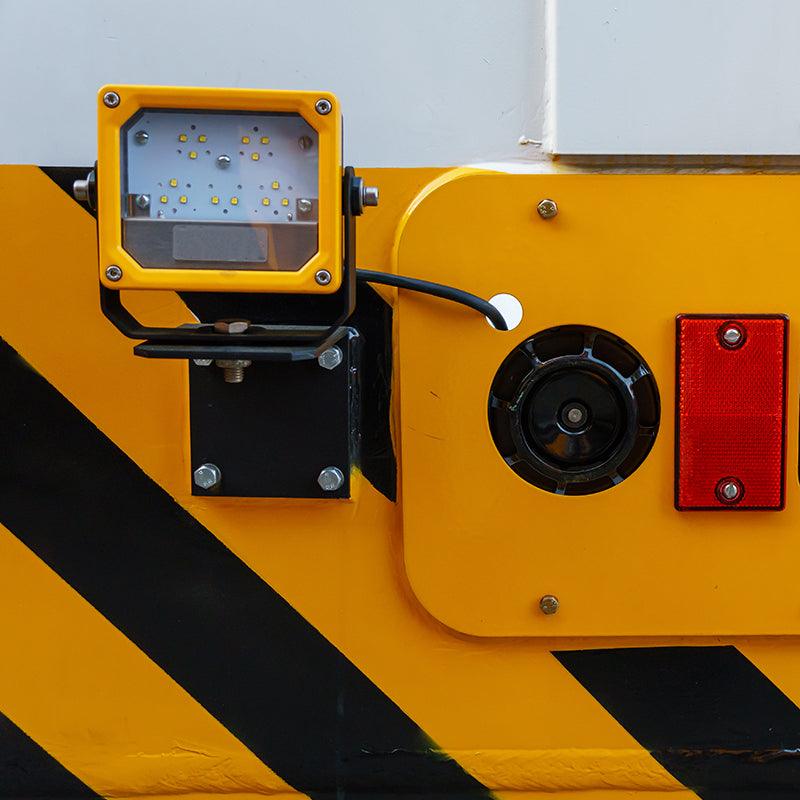

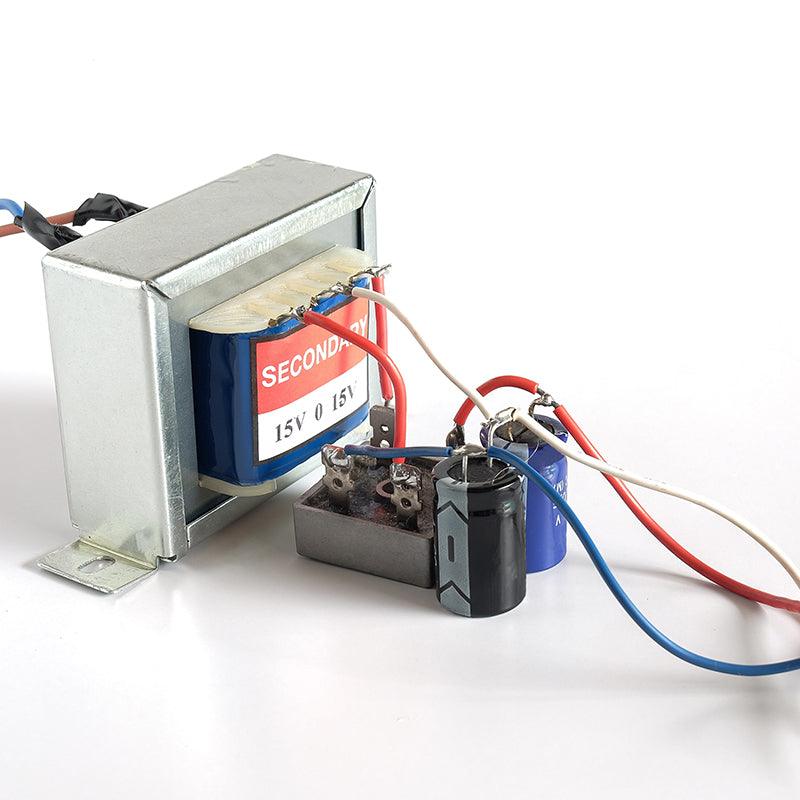
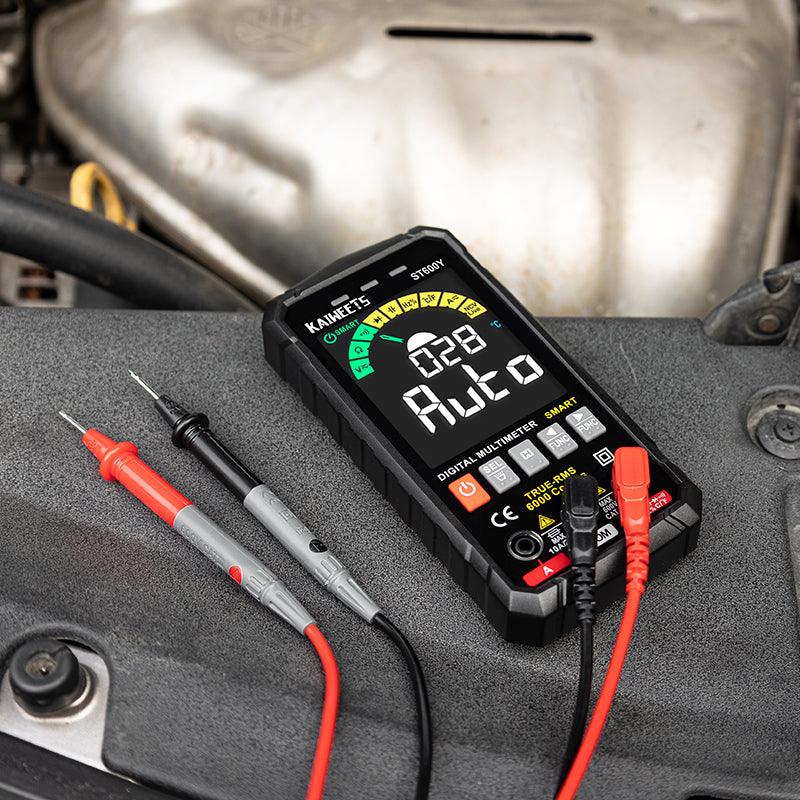
Leave a comment
All comments are moderated before being published.
This site is protected by hCaptcha and the hCaptcha Privacy Policy and Terms of Service apply.